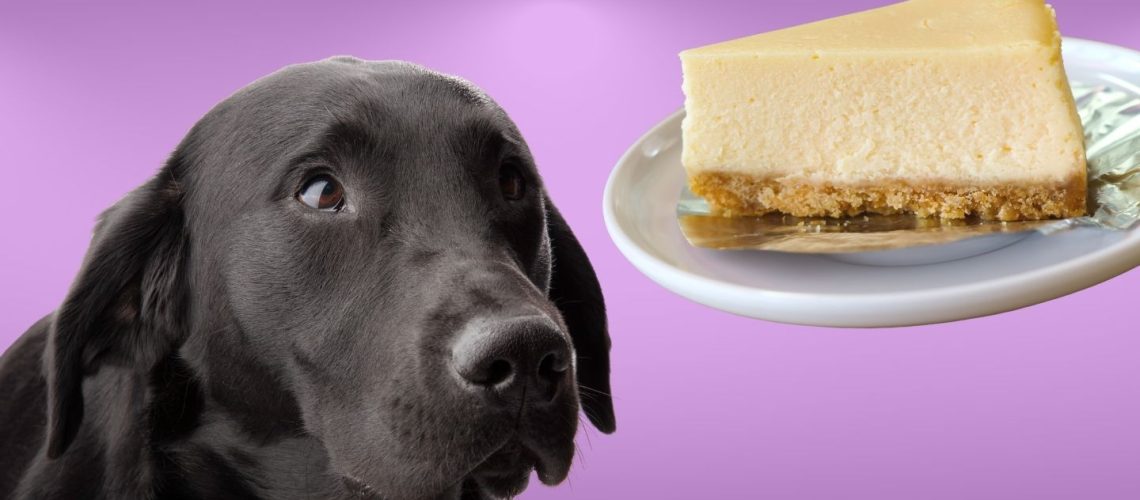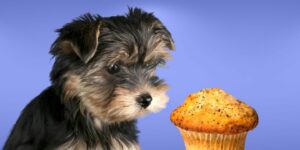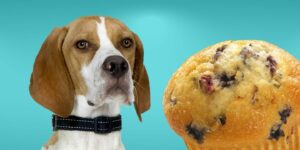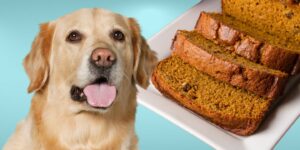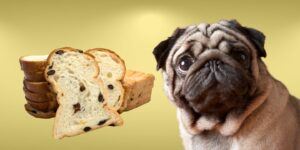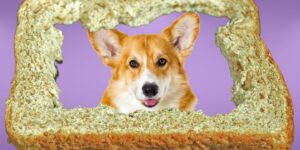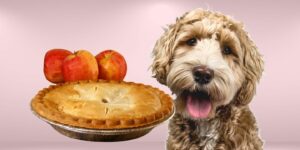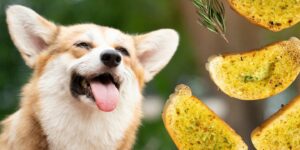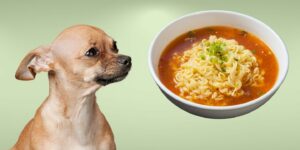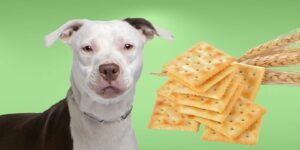The short answer is no, dogs should not eat cheesecake. It is important to understand dogs' dietary needs and how certain human foods can be harmful to them. Cheesecake contains various ingredients that are toxic to dogs, such as sugar, artificial sweeteners, chocolate, and caffeine. Furthermore, the high-fat content in this dessert can lead to an array of health complications for dogs. Instead, consider healthier treat alternatives for your pet, like homemade dog treats or even store-bought dog treats specifically made for dogs.
Ingredients in Cheesecake that are Harmful to Dogs
Sugar and Artificial Sweeteners
How Sugar Affects Dogs
While sugar is not directly toxic to dogs, its consumption can lead to obesity, diabetes, and dental issues. Overconsumption of sugar can cause gastrointestinal upset, such as diarrhea and vomiting.
Dangers of Xylitol and Other Artificial Sweeteners
Xylitol, a common sugar substitute in many desserts, is highly toxic to dogs. Even small amounts can cause rapid insulin release, resulting in hypoglycemia (low blood sugar), seizures, and liver failure.
Chocolate and Caffeine
Risks of Chocolate Consumption in Dogs
Chocolate contains theobromine, which is toxic to dogs. Ingestion of chocolate can result in vomiting, diarrhea, increased heart rate, tremors, seizures, and even death, depending on the amount consumed.
Caffeine Toxicity in Dogs
Caffeine, present in various cheesecake flavors, is also toxic to dogs. As little as one cup of coffee's worth of caffeine can cause fatal toxicity in a small dog.
Dairy Products
Lactose Intolerance in Dogs
Many dogs are lactose intolerant, which means they have difficulty digesting lactose, a sugar found in milk and dairy products. Consuming lactose can cause gas, bloating, and diarrhea in sensitive dogs.
Effects of High-Fat Dairy Products on Dogs
High-fat dairy products, such as the cream cheese in cheesecake, can cause pancreatitis – a painful and potentially life-threatening inflammation of the pancreas.
Health Complications Associated with Cheesecake Consumption in Dogs
Gastrointestinal Issues
Symptoms and Treatment
Dogs that consume cheesecake may experience gastrointestinal issues, such as diarrhea and vomiting. Treatment may include providing plenty of water, offering small bland meals, and monitoring the dog's condition. If symptoms worsen or do not improve, contact your veterinarian immediately.
Pancreatitis
Causes, Symptoms, and Treatment
Pancreatitis can result from consuming high-fat foods like cheesecake. Symptoms include abdominal pain, vomiting, and diarrhea. Treatment often requires hospitalization, fluid therapy, and medication.
Obesity and Weight Gain
Long-Term Health Effects of Obesity in Dogs
Consuming high-calorie, high-fat foods like cheesecake can contribute to obesity and weight gain in dogs. Chronic obesity can lead to heart disease, high blood pressure, diabetes, and a shortened life expectancy.
Prevention and Monitoring
Safe Treat Alternatives for Dogs
Homemade Dog Treat Recipes
Opt for homemade dog treat recipes using dog-safe ingredients, such as peanut butter (xylitol-free), oats, and pumpkin.
Store-Bought Dog Treats
Buy high-quality, dog-specific treats from reputable brands, ensuring they are free from harmful ingredients and are suitable for your pet's dietary needs.
Monitoring Your Dog's Diet and Weight
Importance of Regular Veterinary Checkups
Regular checkups with your veterinarian will help monitor your dog's weight and overall health to ensure proper diet recommendations.
Emergency Situations
What to Do If Your Dog Eats Cheesecake
Signs of Toxicity and Illness
Monitor your dog for any signs of toxicity or illness, such as vomiting, diarrhea, tremors, or rapid heart rate.
Seeking Veterinary Assistance
Contact your veterinarian immediately if your dog consumes cheesecake, as they can advise you on the best course of action.
How to Prevent Accidental Cheesecake Consumption
Ensure cheesecake and other potentially toxic foods are safely stored out of your dog's reach.
Summary
Importance of Keeping Dogs Away from Cheesecake
It is crucial to keep dogs away from cheesecake, as its ingredients pose potential health risks.
Choosing Appropriate Treats for Dogs
Opt for healthier treat alternatives made specifically for dogs, including homemade or store-bought options.
Ensuring Your Dog's Health and Safety Through Proper Diet and Monitoring
Maintain your dog's health and safety by monitoring their diet and weight, and scheduling regular veterinary checkups.

